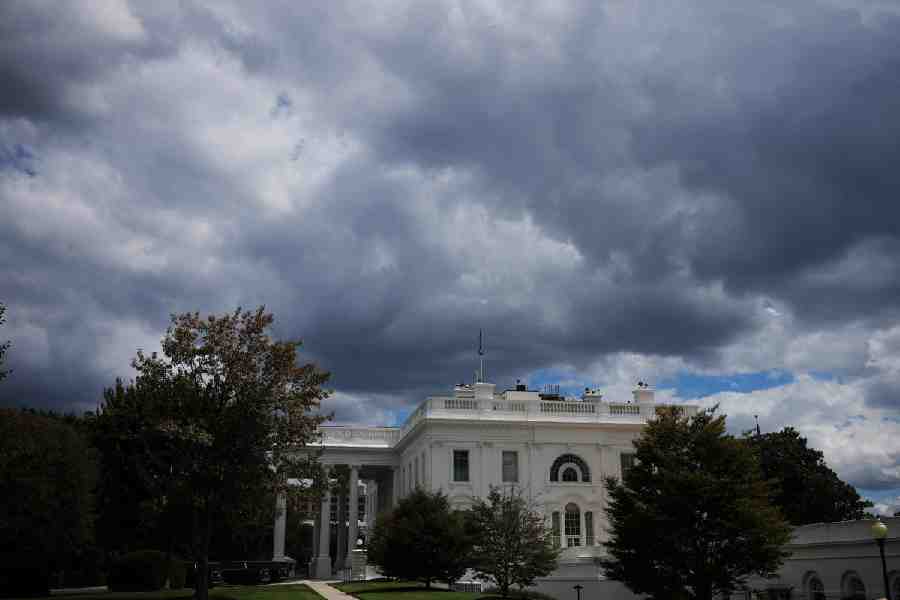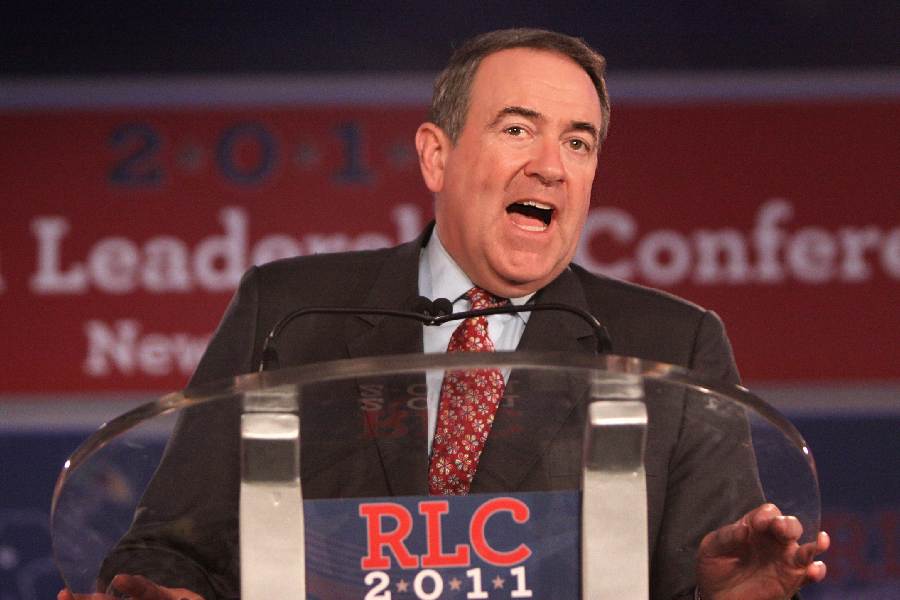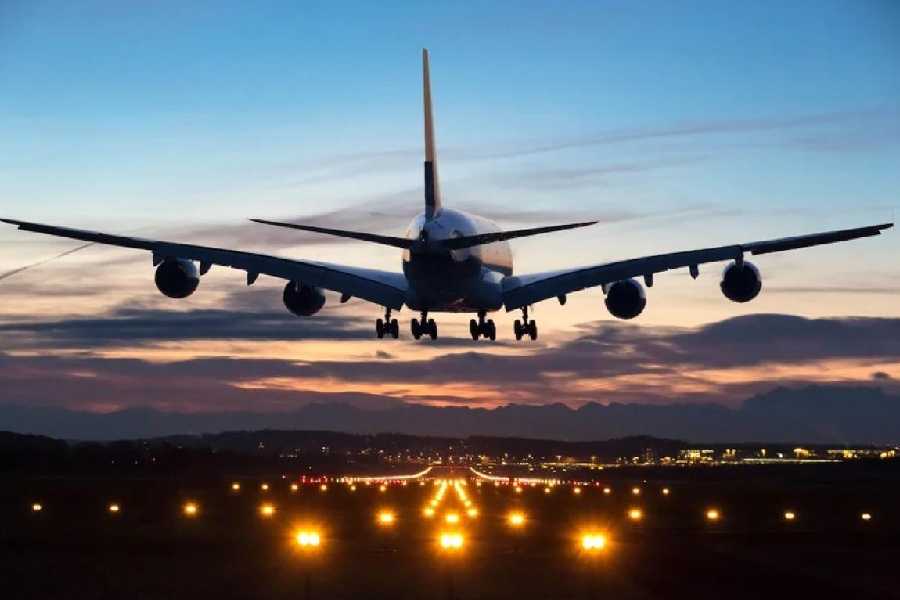 |
| Women wait to cast their votes at a polling booth during the first phase of Gujarat Assembly polls in Dholka near Ahmedabad on Thursday. (PTI) |
Surendranagar (Saurashtra), Dec. 13: Vithalapara village near Surendranagar, 130km from Ahmedabad, had spoken its mind before the first vote was cast.
For Ashok Pareek, a barber by caste, and Hari Ganesh Patel, a Leuva Patel, Narendra Modi is the flavour of the poll season.
The reason? “He brought the Narmada canal water to our parched village five years ago. The Congress shouts and says ‘we laid the foundation 50 years ago’. Keshubhai Patel claims he began implementing the project but didn’t have time to finish. The point is it was Narendrabhai who fast-tracked and brought the water,” said Pareek.
The Narmada waters meant that Surendranagar’s farmers, used to growing cotton for years, have diversified into wheat and jeera (cumin) cultivation.
Cumin, used in daily cooking across India, has gifted wealth to this region. A kg of seeds costs Rs 12 to Rs 15 and one quintal of cumin fetches between Rs 15,000 and Rs 16,000. The farmers pay nothing for water, because the tariff hasn’t been fixed yet. Electricity’s costly — Rs 5 or Rs 6 per unit — but comes 24x7 to every village under the Jyoti Gram Yojana, a rural electrification scheme.
“Water’s like oxygen to me,” said Jagdish Majethia, a farmer in Olak, a neighbouring village. It has facilitated his switch to BT cotton seeds that yield 20 to 25 maund (one maund is equal to 37.32kg) for every bigha (1.67 acres) as against just five maund in the years before BT arrived.
“Now we wear good clothes, own nice houses, possess a motorbike or even a car and send our kids to good schools and colleges,” Majethia said.
Nearly 200km to the west of Vithalapara, in Kamiyala village of Ahmedabad district, residents J.D. Vannar and Kanjhi Tapade have an issue with the BJP candidate, Laljibhai, and would prefer M.M. Shah of the Congress because he is “educated and accessible”.
However, Vannar and Tapade said, they were looking at the “big picture”. “Modi declared this area a special investment region in 2007. The price of land shot up from Rs 10,000 to Rs 10 lakh a bigha. On an average, we own 100 to 125 bighas. I sold the not-so-productive parts of my land and became a crorepati. We are about to get a six-lane highway and a Metro rail, so imagine how land prices will skyrocket. These days we count packets of money and not notes,” Vannar boasted.
A young agricultural entrepreneur based in Ahmedabad who advises the farmers of Kutch said after the 2001 earthquake — Modi took over months after — farming was made a major prong of the overall package to rebuild the region.
Arid Kutch, he said, has since been watered by the Narmada canal and drip irrigation, with inputs from Israel. The region grows date palms, mangoes, bananas, strawberries and even apples. Cotton and peanuts remain the staple crops.
“Not many outside Gujarat realise that agriculture is as much a part of the success story as investments in industry and infrastructure in the Modi narrative,” said an Ahmedabad industrialist, part of the chief minister’s team to improve the state’s image abroad and attract investments.
But if Modi wins, he will have not just his own charisma and “milestones” to thank in an election that has been free of emotive issues. Political sources said he would have to do something he might abhor: salute the party organisation that combines the efficiency of a successful corporate entity with the dedication of a cadre-powered outfit.
At 9pm, the Vadodara office of Yogesh Patel, the BJP’s Manjhalpur nominee, is buzzing. Ajay Dave, an engineer who has been Patel’s election agent in the five polls he has won so far, is there. As is Jyotirmath, a saffron-robed swami with a master’s in law who lectures all over on the art of living. Nilesh Shukla, a senior vice-president of the Baroda Chamber of Commerce and Industry, is also part of the gathering whose collective goal is to ensure the voter turnout goes up from the past average of 55 per cent to 65 per cent.
With 300 “active” workers in each of the 195,000 wards of Baroda, Dave says, this is not “unachievable”.
Because polling in Vadodara will be held on a Monday, December 17, Shukla has prevailed on factories and private offices to work on the Sunday before so that employees are free to vote the next day.










